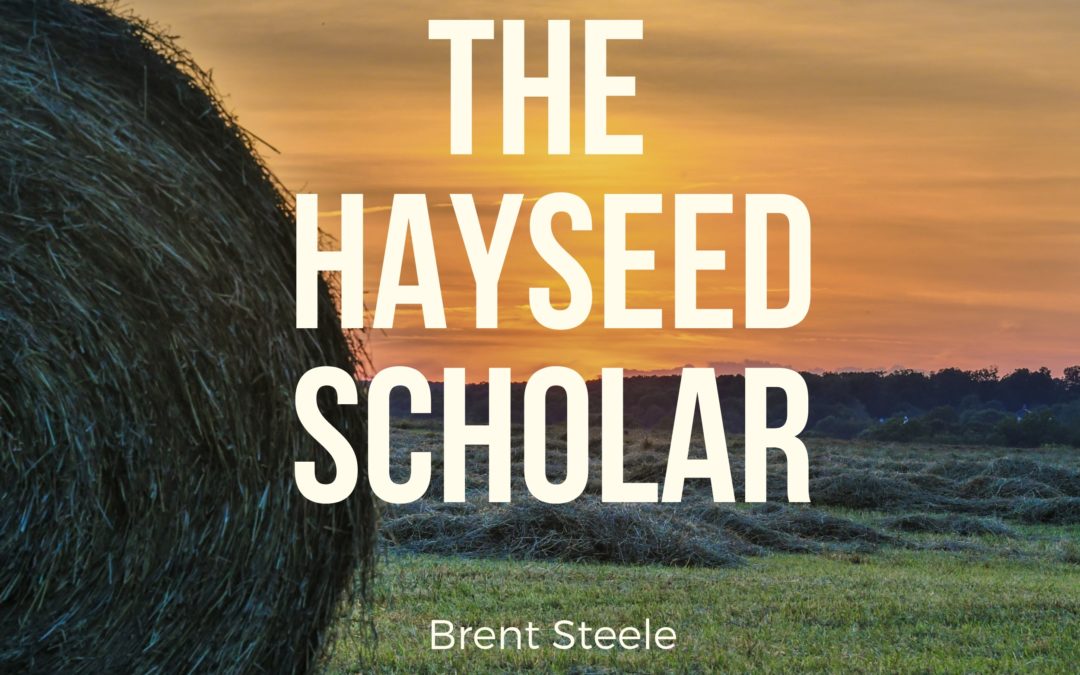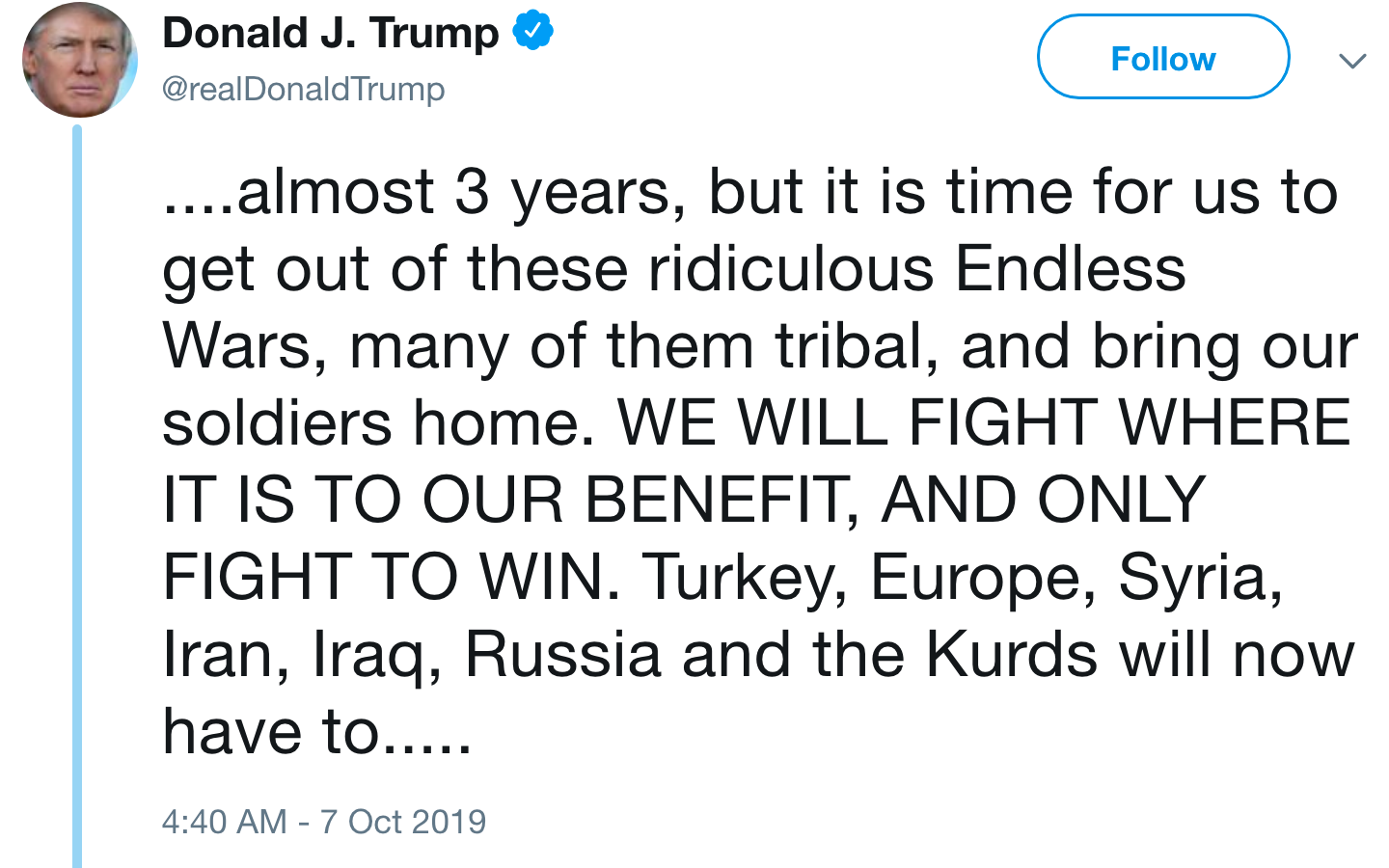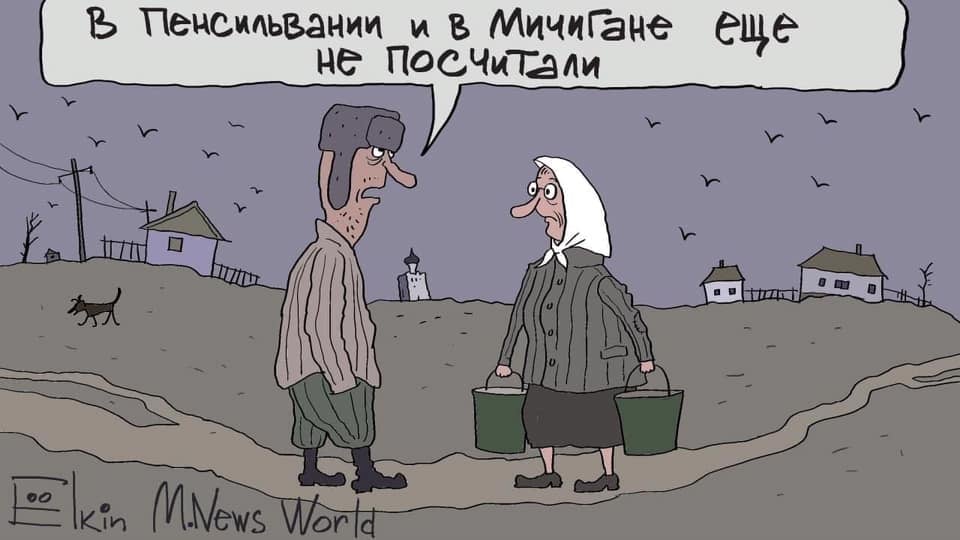Professor Alexander Barder joins the Hayseed Scholar podcast. Dr. Barder was born in Paris, France, but he and his family moved to Miami very shortly thereafter. He traveled back to France often to visit family, and mainly spoke French until going to a bilingual...



